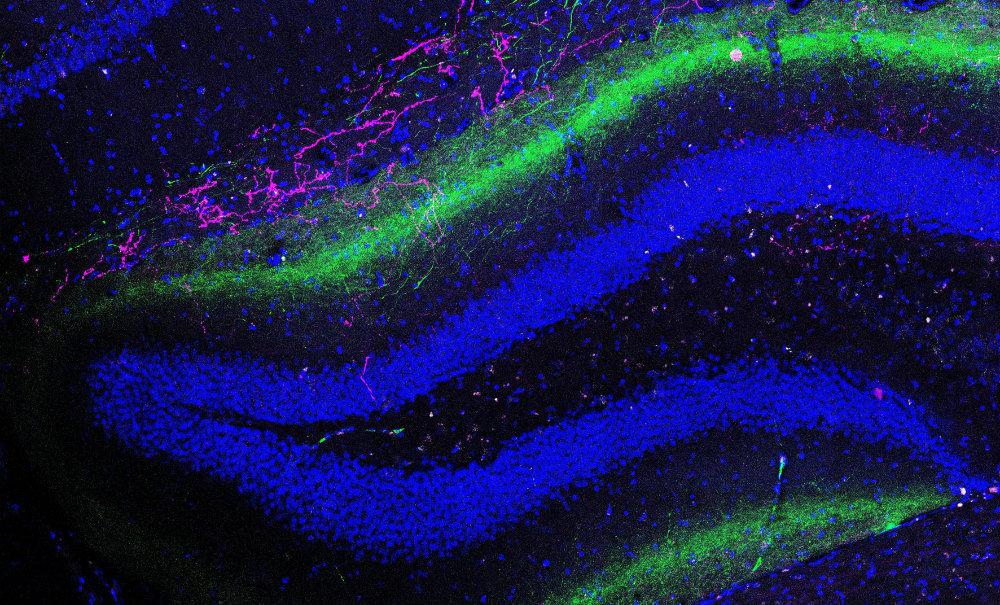The Mortimer B. Zuckerman Mind Brain Behavior Institute

Columbia’s Zuckerman Institute brings together an extraordinary group of world-class scientists from across the university with the objective of transforming our understanding of the mind and brain. Housed in the new state-of-the-art Jerome L. Greene Science Center on the Manhattanville campus, Zuckerman researchers are exploring how the brain develops, performs, endures and recovers from trauma or disease as a means of gaining critical insights into human health.
This mission supports the central goal of precision medicine: connecting genetic data to fundamental neuroscience and neurological disease mechanisms, in order deliver accurate diagnoses and tailored care.
Today, those diagnosing psychiatric diseases, as well as mood and behavioral disorders, generally focus not on underlying mechanisms but on symptoms. This is because the physiological or neurological causes of many conditions are not fully understood.
But scientists are now making significant advances in understanding those causes by investigating connections between genetic variation and neurological diseases or disorders. For example, extensive genetic studies of autism spectrum disorder-affected families have identified genes in which particular sequences strongly correlates with this disorder. Studies of the effects of these genetic variants using stem cell or animal models are providing insights into the mechanisms of autism that could lead to new therapeutic approaches.
The extraordinary depth of basic neuroscience represented at Columbia in areas spanning everything from structural biology, neuroanatomy and imaging, to electrophysiology, cognition and behavior provides a strong foundation for the understanding of disease mechanisms. Combining this expertise with other elements of the University, such as the strong program in the Institute for Genomic Medicine on large-scale population studies of neurological diseases, will stimulate transformative discoveries in this area.
This interdisciplinary approach has already impacted our understanding of the genetic basis of epilepsy. Specific gene variants have been shown to affect physiological pathways that are amenable to therapeutic intervention. In limited cases, existing drugs have been shown to be beneficial in epilepsy treatment. Linking mechanistic insights from deep interrogation of neurological function to large-scale population studies will likely lead to the development of new therapeutic approaches in epilepsy, a disease previously thought to be intractable.
Parallel efforts are underway to also understand neurodegenerative diseases and neurodevelopmental disorders. The Zuckerman Institute and the Department of Neurology, in partnership with the Institute for Genomic Medicine, have already demonstrated important genetic insights and the establishment of disease models in amyotrophic lateral sclerosis (ALS, or Lou Gehrig’s disease) and Alzheimer’s disease.
